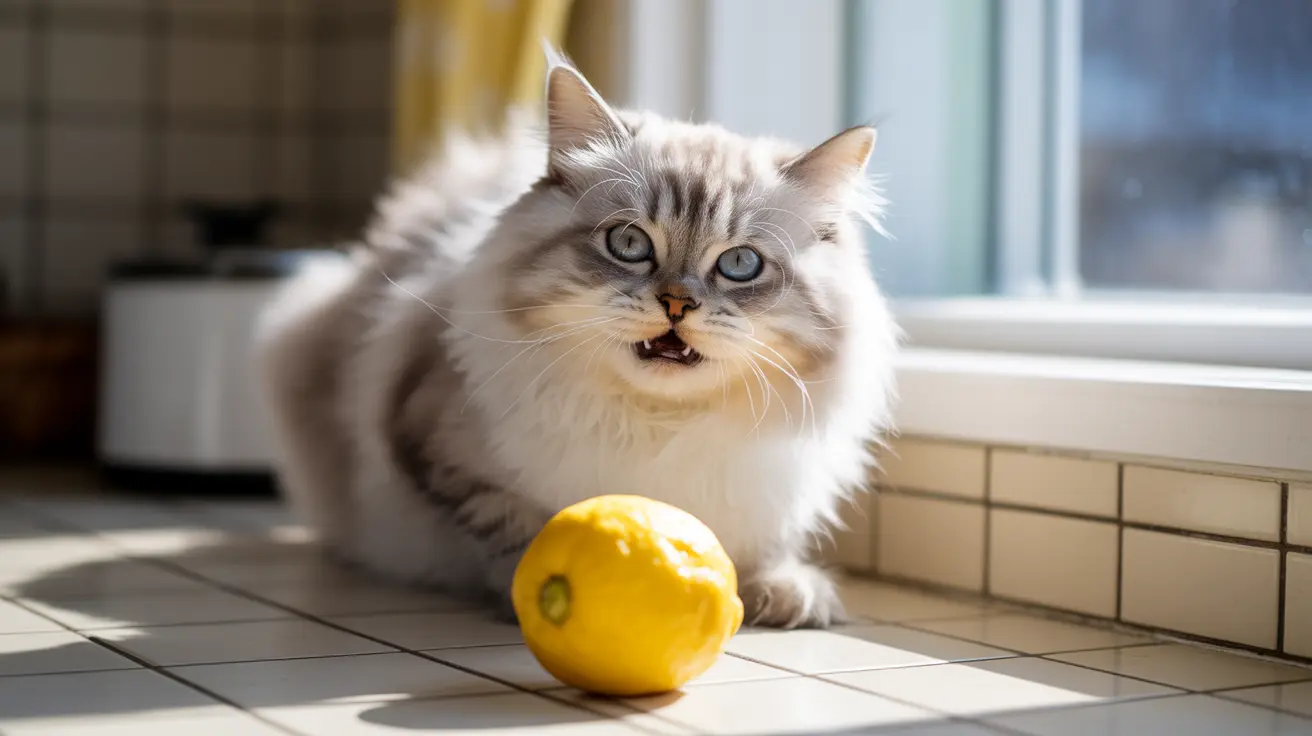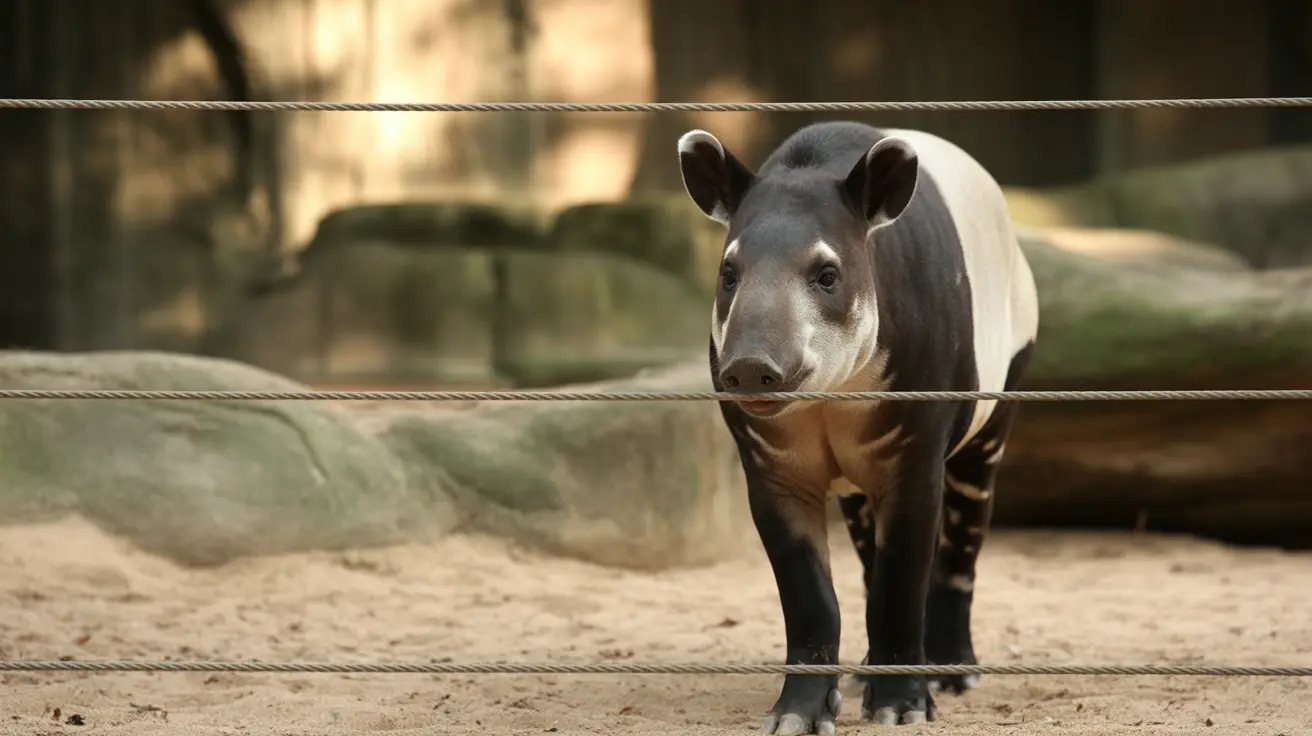If you've ever wondered why your feline friend darts away from citrus fruits, you're not alone. The relationship between cats and lemon scent is notably antagonistic, and there's fascinating science behind this natural aversion. Cats possess an incredibly sophisticated sense of smell - approximately 14 times more powerful than humans - making them particularly sensitive to strong scents like lemon.
Understanding why cats dislike lemon scent isn't just about satisfying our curiosity; it's crucial knowledge for pet owners who want to ensure their cats' comfort and safety. Let's explore the scientific reasons behind this aversion and what it means for your feline companion.
The Science Behind Cats' Citrus Aversion
Cats' remarkable olfactory system includes about 200 million scent receptors, compared to a human's mere 5 million. This heightened sense of smell makes them particularly sensitive to strong odors, especially citrus scents like lemon. Their specialized Jacobson's organ, located in the roof of their mouth, further enhances their ability to detect and analyze scents.
The primary compound that triggers cats' aversion to lemon is limonene, found in citrus peels. This natural chemical acts as a powerful deterrent for cats, likely due to their evolutionary instincts to avoid potentially toxic substances.
Health and Safety Considerations
While lemon's scent is unpleasant for cats, the potential risks go beyond mere discomfort. Essential oils found in lemons can be toxic to cats, causing various adverse reactions:
- Skin irritation and dermatitis
- Digestive issues if ingested
- Respiratory irritation
- Potential nervous system effects
This toxicity is why veterinarians strongly advise against using concentrated citrus oils or cleaners around cats.
Natural Deterrent Applications
The strong aversion cats have to lemon scent has practical applications. Many pet owners safely use diluted citrus solutions or peels to:
- Keep cats away from certain furniture
- Protect garden areas
- Create boundaries in multi-pet households
- Discourage unwanted scratching behaviors
However, it's crucial to use these deterrents responsibly and in moderation to avoid causing undue stress to your pet.
Signs Your Cat is Affected by Lemon Scent
Cats typically display clear signs of discomfort when encountering lemon scent:
- Immediate retreat from the area
- Nose wrinkling or sneezing
- Pawing at their face
- Excessive grooming
- Avoidance behaviors
Safe Alternatives for Cat Deterrence
If you need to deter your cat from certain areas, consider these safer alternatives to lemon-based products:
- Commercial pet deterrent sprays
- Double-sided tape
- Motion-activated deterrents
- Physical barriers
- Safe herbal alternatives like rosemary
Frequently Asked Questions
Why do cats strongly dislike the scent of lemon and other citrus fruits?
Cats dislike lemon scent due to their highly developed sense of smell and natural aversion to compounds like limonene found in citrus fruits. This aversion is likely an evolutionary adaptation to protect them from potentially toxic substances.
Are lemons and lemon-scented products safe to use around cats?
While brief exposure to diluted lemon scent isn't typically dangerous, concentrated lemon oils and products can be toxic to cats. It's best to avoid using lemon-based products in areas where cats spend time.
How can lemon or citrus scents be used effectively to deter cats from certain areas?
Diluted citrus solutions or scattered citrus peels can be used safely as deterrents, but always place them in well-ventilated areas and monitor your cat's reaction. Never use concentrated oils or sprays directly on or near your cat.
What signs indicate that a cat is stressed or uncomfortable due to lemon scent exposure?
Common signs include avoidance behaviors, sneezing, pawing at the face, excessive grooming, and respiratory distress. If you notice these symptoms, remove the lemon-scented item immediately.
Are all cats equally sensitive to lemon smells, or do some tolerate it better than others?
While most cats strongly dislike lemon scent, sensitivity levels can vary among individuals. However, it's safest to assume all cats will be adversely affected and avoid exposing them to citrus scents.






